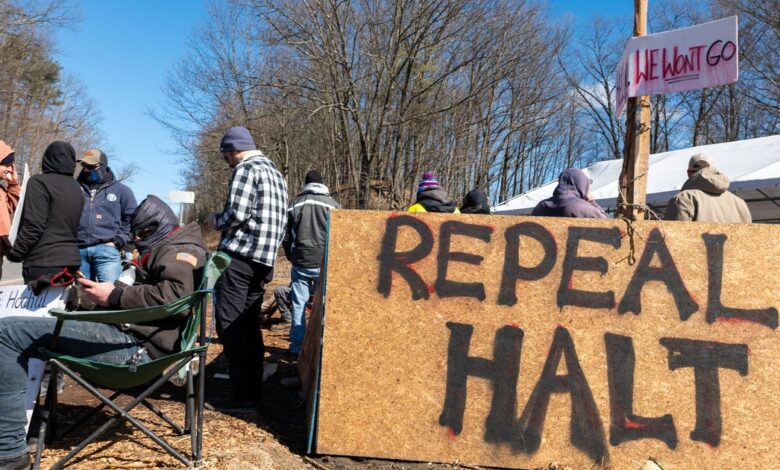New York Prison Guards Fought Reform With Illegal Strike

The recent three-weeklong wildcat strike by thousands of New York state correctional officers across more than 40 prisons concluded earlier this month. The strike led to the deaths of 12 incarcerated individuals and left many others struggling due to inadequate food, medical care, and limited access to resources.
The striking prison guards highlighted staffing shortages, mandatory overtime, and unsafe working conditions as their reasons for the strike. However, the underlying issue was the state law limiting the use of solitary confinement in New York prisons and jails. This law, known as the Humane Alternatives to Long-Term Solitary Confinement Act (HALT), was passed in 2021 and implemented the following year, capping the duration of solitary confinement to 15 days.
The New York State Correctional Officers & Police Benevolent Association (NYSCOPBA) sued state officials to repeal HALT, claiming it violated their rights. Despite a judge dismissing the lawsuit, the union organized an unsanctioned strike involving approximately 15,000 correctional officers. The strike ended with state officials agreeing to suspend parts of HALT temporarily and forming a committee to recommend changes to the law.
Throughout the strike, incarcerated individuals faced neglect and hostility from returning officers. Legal Aid compiled accounts of the human cost of the strike, documenting instances of medical neglect and mistreatment. The Department of Corrections and Community Supervision stated it is investigating allegations of mistreatment.
Despite the strike ending, incarcerated individuals continue to fear for their safety and well-being. The Legal Aid Society, along with other organizations, has filed lawsuits against the department for violating HALT by holding people with disabilities in solitary confinement.
The controversy surrounding HALT and its implementation reflects the ongoing challenges within the corrections system, with concerns raised about the treatment of incarcerated individuals and the need for reforms to ensure humane conditions.





